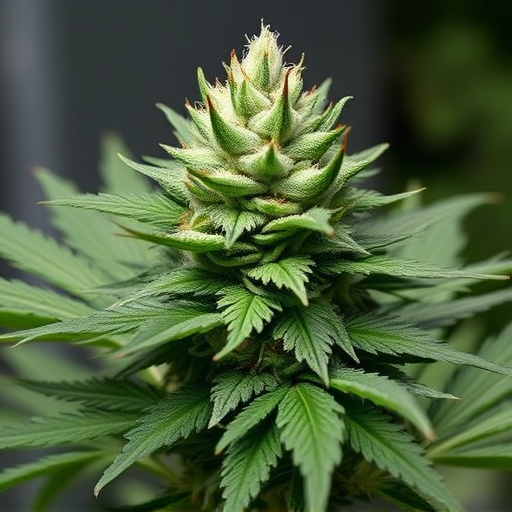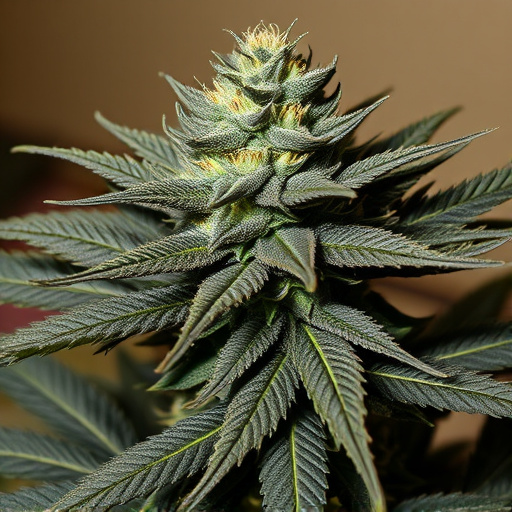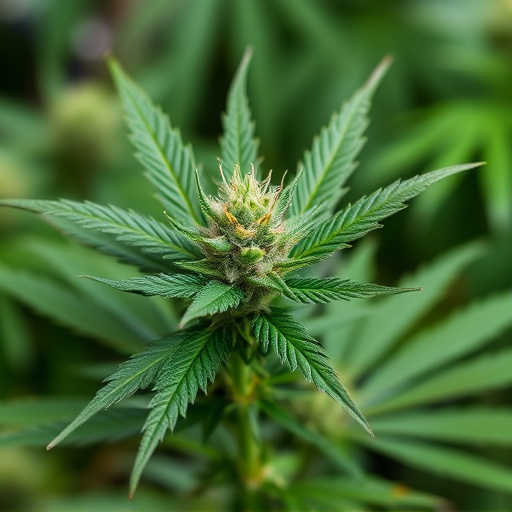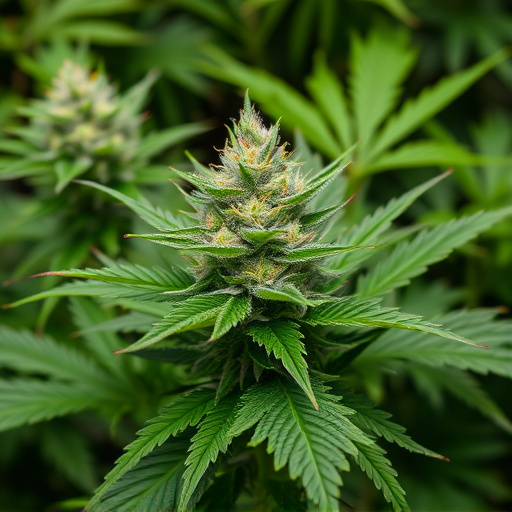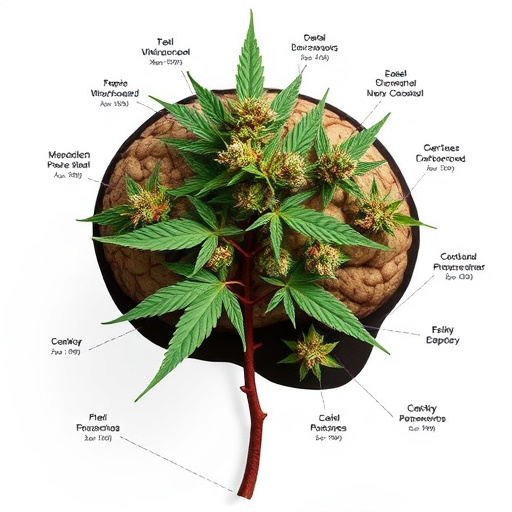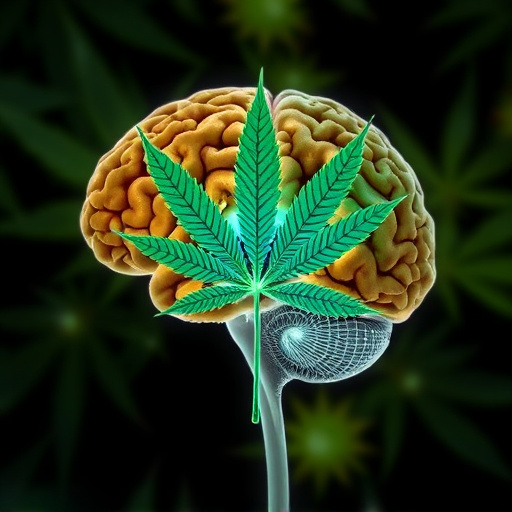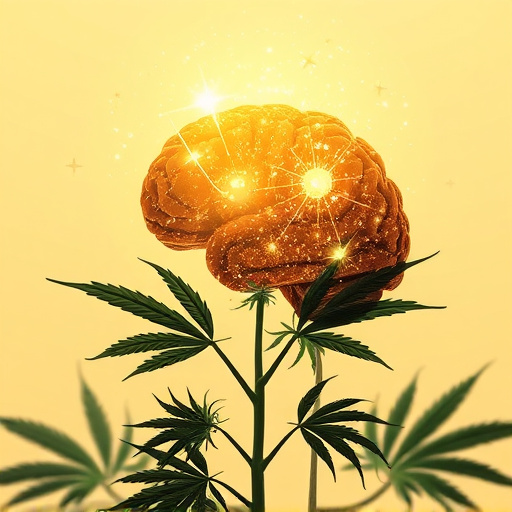THC (psychoactive) and CBD (non-psychoactive) in cannabis offer distinct therapeutic benefits. While THC reduces seizures, CBD is known for its anti-seizure properties, especially in rare forms of epilepsy. Balancing these compounds in cannabis strains provides a promising alternative treatment for epilepsy symptoms. Consulting healthcare professionals specializing in cannabis medicine is crucial to determine the optimal ratio for safe and effective pain management.
“Unraveling the science behind THC and CBD as powerful tools for pain management, this article explores their role in alleviating chronic conditions. We delve into how these compounds interact with our endocannabinoid system, offering a natural approach to soothing pain.
With a specific focus on cannabis strains proven effective for epilepsy management, we examine the balance of THC and CBD. By integrating these natural substances into your pain relief strategy, you can discover a holistic, potentially game-changing solution.”
- Understanding THC and CBD in Pain Management
- Cannabis Strains for Epilepsy: A Focus on THC and CBD
- Integrating THC and CBD into Your Pain Management Plan
Understanding THC and CBD in Pain Management
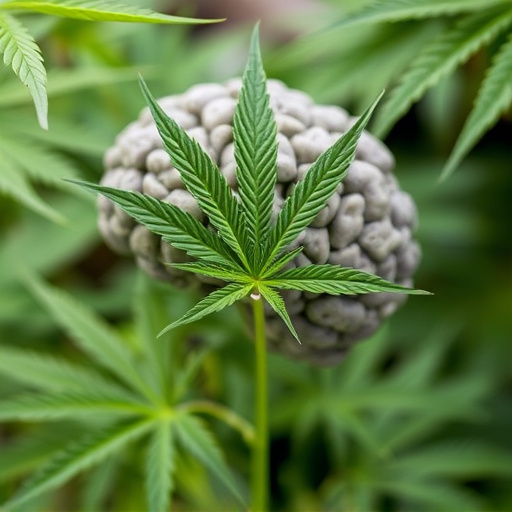
Understanding THC and CBD in Pain Management
THC (Tetrahydrocannabinol) and CBD (Cannabidiol) are two prominent compounds found in cannabis plants, each with unique effects on the human body. While THC is known for its psychoactive properties, CBD has gained significant attention for its potential therapeutic benefits, including pain management. In terms of managing chronic pain, such as that associated with conditions like epilepsy, CBD has shown promise due to its ability to interact with the endocannabinoid system (ECS). The ECS plays a crucial role in regulating various physiological processes, including pain perception and inflammation.
Cannabis strains high in CBD have emerged as potential treatments for epilepsy and other neurological disorders, offering an alternative approach to conventional medications. Research suggests that CBD may help reduce seizures and alleviate associated symptoms without the intoxicating effects of THC. As the use of cannabis for medical purposes gains traction, understanding the role of THC and CBD in pain management becomes increasingly important, especially for individuals seeking natural solutions for chronic conditions like epilepsy.
Cannabis Strains for Epilepsy: A Focus on THC and CBD
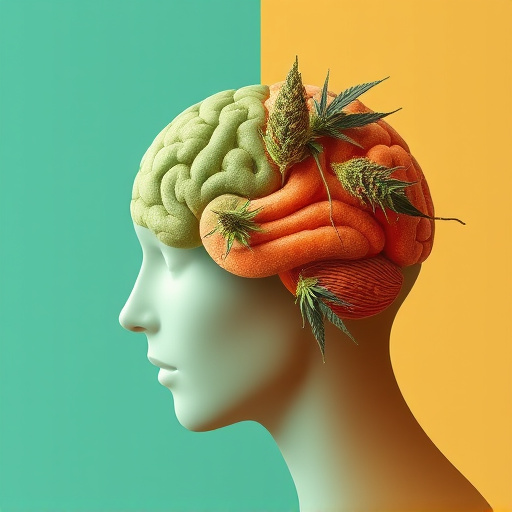
Cannabis has long been used for its medicinal properties, and one of its most promising applications is in the treatment of epilepsy. When it comes to cannabis strains for epilepsy, THC (Tetrahydrocannabinol) and CBD (Cannabidiol) are two key compounds that have garnered significant attention. THC, known for its psychoactive effects, has shown potential in reducing seizures in certain types of epilepsy. Its ability to interact with the brain’s endocannabinoid system may help regulate nerve activity and prevent seizure outbreaks.
On the other hand, CBD is a non-psychoactive compound that has gained popularity due to its anti-seizure properties. Research suggests that CBD can reduce the frequency and severity of seizures in epilepsy patients, particularly those with rare forms of the condition. Unlike THC, CBD does not produce a ‘high,’ making it an attractive option for individuals seeking alternative treatments without psychoactive effects. The combination of THC and CBD in specific cannabis strains offers a promising approach to managing epilepsy symptoms, providing relief for many patients who have not found success with conventional treatments.
Integrating THC and CBD into Your Pain Management Plan
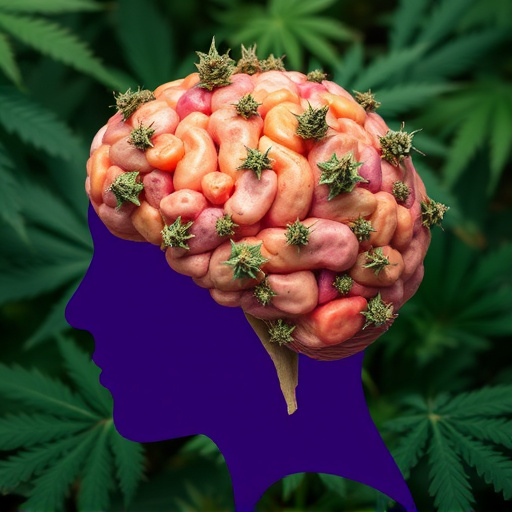
Integrating THC (tetrahydrocannabinol) and CBD (cannabidiol) into your pain management plan can offer a holistic approach to alleviating chronic pain, especially for conditions like epilepsy where traditional treatments may have limited effectiveness. Both compounds interact with your body’s endocannabinoid system, which regulates various physiological processes, including pain perception and inflammation.
When considering cannabis strains for epilepsy, it’s crucial to balance THC and CBD levels. High-THC strains can provide potent anti-seizure effects but may also induce side effects like anxiety or paranoia. In contrast, CBD-rich strains offer minimal psychoactive properties while delivering potential anticonvulsant benefits. Consulting with a healthcare provider who specializes in cannabis medicine can help you determine the optimal ratio of THC to CBD for your specific needs and ensure safe, effective pain management.
The potential of THC and CBD in pain management, particularly their application in treating conditions like epilepsy, highlights the complex interplay between these compounds and the human body’s endocannabinoid system. As research continues to explore this dynamic relationship, integrating cannabis strains rich in THC and CBD into comprehensive pain management plans offers a promising avenue for those seeking relief from chronic pain and seizure disorders. Remember that, while cannabis shows great promise, individual responses may vary, and consulting healthcare professionals is essential for personalized treatment approaches.
